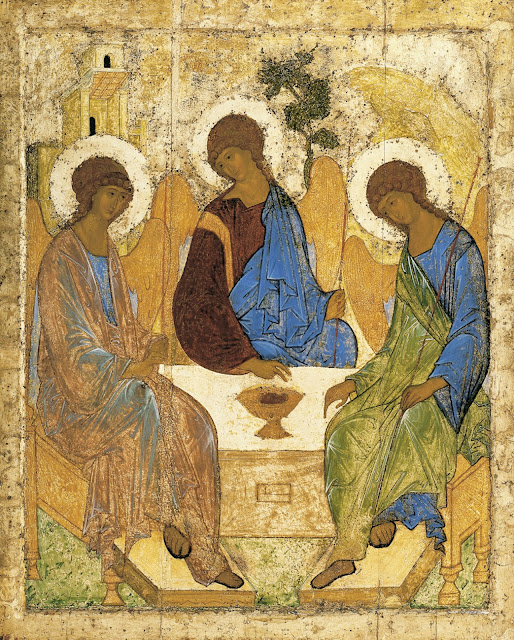Torrance: knowing God according to his nature

This series explores T.F. Torrance in Plain English in which author Stephen D. Morrison unpacks nine key ideas in Thomas F. (T. F.) Torrance's Christ-centered, Trinitarian theology. For other posts in this series, click a number: 1 , 3 , 4 , 5 , 6 , 7 , 8 , 9 . Last time we looked at T.F.'s theological method, which yields what he calls a scientific theology . This post looks at a fundamental precept of that method: We know God truly only when we know him in accordance with his nature (thus scientifically). For T. F., knowledge in any field of inquiry (be it a natural science or Christian theology) is true only to the extent that it accords with the actual nature of the reality it seeks to describe. Borrowing a phrase from Greek, T. F. calls such knowledge kata physin (κατα φυσιν) --- knowledge that is according to nature. As Morrison notes, "Behind kata physin is the notion ...
